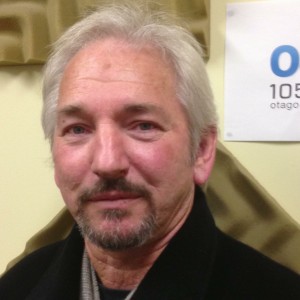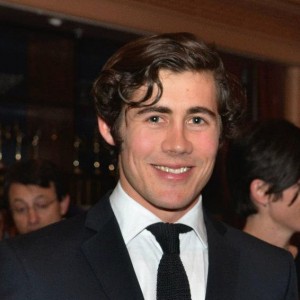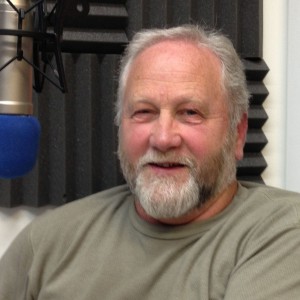If you’ve got bad news, don’t hit them over the head with a hammer – give them hope
Lloyd Spencer Davis is the Stuart Professor of Science Communication and Director of the The Centre for Science Communication at the University of Otago. He is a leading authority on penguins and sociobiology – behavioural ecology from an evolutionary perspective. He is also an award winning author and filmmaker. In his Looking for Darwin he manages to squeeze the science of evolution into a rollicking yarn of travel and personal discovery. We explore the relationship between science and communication. Putting him on the spot, we ask for the top three things a budding science communicator must do. “Story” he says. Three times.
Focus on the story, and use whatever device you can to get that story told. Jeopardy, tension, star presenters. The package must be exciting.
People are turned off by stories of doom – they want hope. The story must empower them, even if the news is bad you can do something about it.




